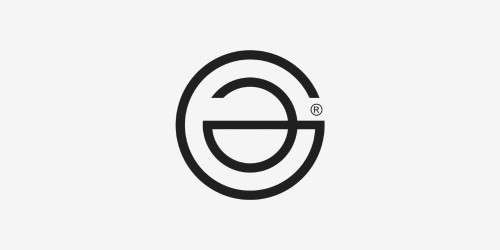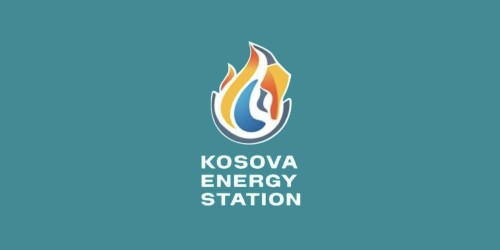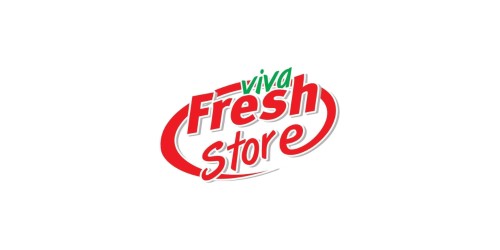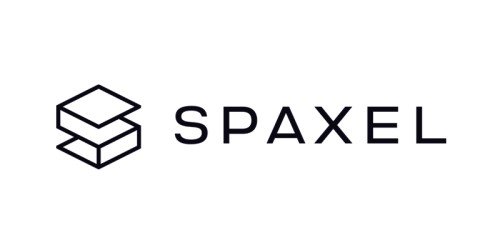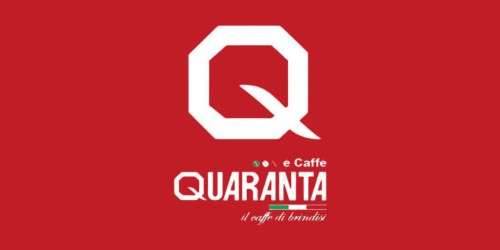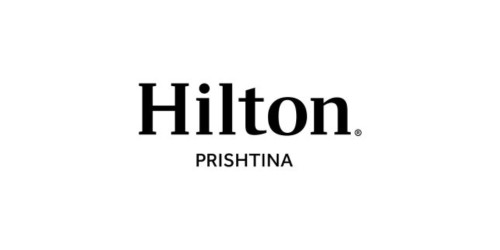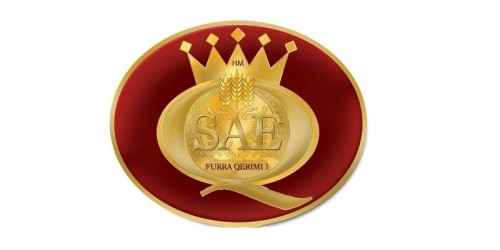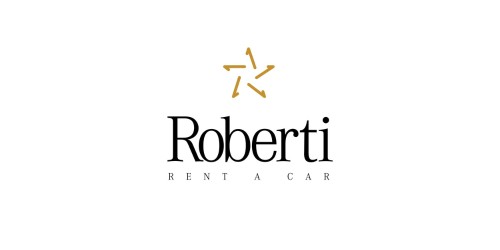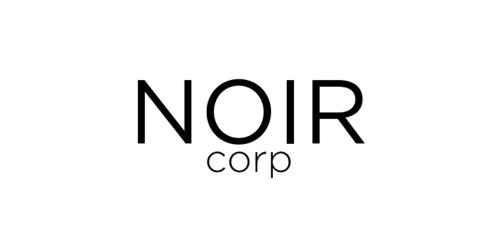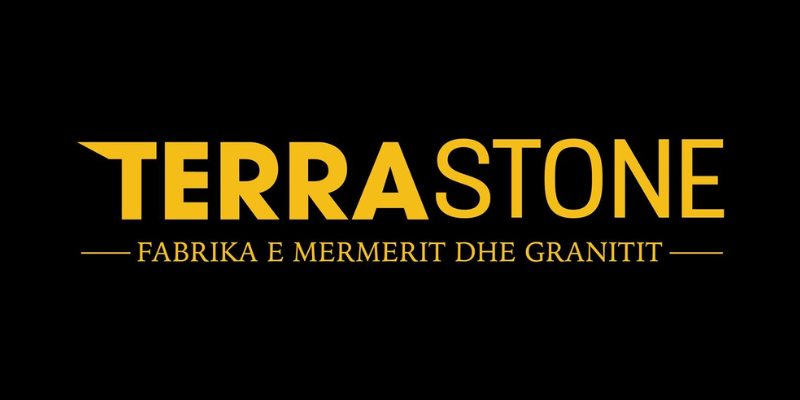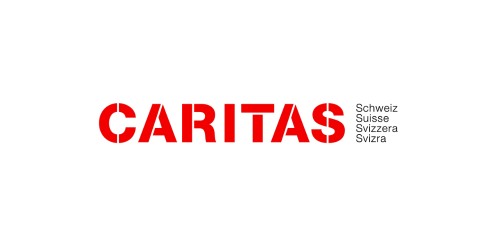
Terms of Reference (ToR)
International Expert on Gender Transformative Approaches
In the frame of the programme Empowering Rural Economies in Agriculture (EREA),
Implemented by Caritas Switzerland in Kosovo, funded by the Austrian Development Cooperation (ADC)
1. Background
The agricultural sector in Kosovo remains highly gender imbalanced, with women significantly underrepresented in decision-making, business ownership, and formal employment. Women face persistent barriers such as limited access to productive resources, knowledge, financial services, and market opportunities. Despite the presence of policy frameworks promoting gender equality, the structural and cultural constraints that hinder women's participation in the agriculture sector remain deeply rooted.
The EREA Programme, guided by the Market Systems Development (MSD) approach, recognizes that sustainable and inclusive economic growth cannot be achieved without addressing these gender disparities. While the programme has actively implemented gender-responsive and gender sensitive measures across its interventions, there is a growing recognition of the need to transition toward gender-transformative approaches that address the root causes of inequality, challenge harmful norms, and create lasting change.
Through its partners, including EKW, who leads efforts under the Gender Equality and Social Inclusion outcome of the EREA programme, and sectoral associations such as Organika (MAPs), PePeKo (Processing of fruits and vegetables), and Mjedra e Kosovës (Berries), the programme works directly with agribusinesses, farmer groups, and public institutions. These actors play a crucial role in ensuring that interventions reach women meaningfully and that the system evolves to become more inclusive for women.
To this end, the programme seeks to engage an international gender expert to strengthen the capacity of the programme team and implementing partners to better integrate gender transformative principles into their work, ensuring that the programme interventions contribute to systemic and sustainable gender equality outcomes.
2. Objective of the assignment
The main objective of this engagement is to strengthen the EREA Programme’s and its partners’ capacities to understand and address gender differences in agriculture, and to ensure that interventions move beyond basic inclusion toward the empowerment of women. The expert will provide tailored guidance on how to improve the implementation of existing interventions and awareness campaigns to better respond to gender-specific barriers and opportunities.
While the programme already applies gender-sensitive and gender-responsive measures, the engagement aims to further explore and apply gender-transformative approaches where feasible, recognizing that meaningful empowerment requires addressing structural inequalities and shifting social norms.
Specific objectives include:
• Strengthening the ability and capacity of programme staff and partners to understand gender dynamics in agriculture and effectively apply Gender-Transformative Approaches across interventions, ensuring equitable benefits for both women and men.
• Advising on the implementation of awareness campaigns and the development of advocacy messages to promote gender equality, behavior change, and policy dialogue.
• Developing a guide for applying Gender-Transformative Approaches to Women’s Economic Empowerment, aligned with the programme’s MSD approach and national strategies and policies, including the Stabilization and Association Agreement (SAA).
• Supporting the development of a tailored Gender Action Plan (GAP) for EREA staff and partners by integrating empowerment-focused strategies within ongoing interventions and communication activities.
3. Methodology
The expert(s) will apply a participatory and contextualized approach, closely collaborating with Caritas Switzerland in Kosovo programme teams, partners, and the Gender and Social Inclusion (GESI) Coordinator.
The methodology will include the following key tasks:
Assessment & Gap Analysis
• Review ongoing gender-related interventions of the EREA programme, documents, policies, and strategies1.
• Identify how gender is currently addressed and assess opportunities for enhancing impact on women’s empowerment.
Stakeholder Engagement
• Consult with programme staff, implementing partners (e.g. EKW, Organika, PePeKo, Mjedra e Kosovës) as well as with other stakeholders, including Kosovo Agency for Gender Equality (AGE), Gender Equality Officers of the selected municipalities and Ministry of Agriculture Forestry and Rural Development (MAFRD).
1 EU Gender Action Plan III (GAP III): An ambitious agenda for gender equality and women’s empowerment in EU external action (2021–2025), Assembly of the Republic of Kosovo (2015), Law No. 05/L-020 on Gender Equality and Kosovo Agency for Gender Equality (2020), Kosovo Programme for Gender Equality 2020–2024.
• Understand operational constraints, levels of gender integration, and capacity gaps.
• Identify how each stakeholder group can contribute to better inclusion and empowerment of women in their respective roles.
Capacity Building and Practical Guidance
• Deliver tailored capacity building to build awareness and understanding of: o Gender-sensitive, responsive, and transformative approaches.
o How to identify and respond to gender differences in access, participation, and benefit-sharing in the programmatic areas of EREA.
o Practical tools for integrating empowerment-focused strategies in day-to-day implementation.
Support for the Implementation of Awareness Campaigns and Advocacy
• Work closely with the team and partners already involved in campaign delivery.
• Provide guidance on:
o Designing impactful advocacy messages that challenge norms and promote women’s roles in agriculture.
o Targeting specific audiences (e.g. farmers, men, youth, institutions).
o Integrating behavior change communication techniques.
o Engaging media and institutions effectively for wider public outreach and policy dialogue.
Development of a Gender Action Plan
• Facilitate a collaborative process to define an action plan with clear goals, responsibilities, and practical steps.
• Ensure the plan reflects the different levels of gender integration (sensitive → responsive → transformative) and is flexible enough to adapt based on sector-specific opportunities and constraints.
Mentorship and Coaching
• Provide support to the GESI coordinator of EREA in coaching/mentoring partners to programme team and implementing partners in support of the implementation of Gender Transformative Approaches in EREA.
• Provide tailored support to review M&E documents, advise on implementation challenges, and align gender strategies with the MSD approach.
• Help the team reflect on what works, capture learning, and apply changes where needed.
4. Deliverables
As key deliverables, the expert(s) will develop:
• An inception report, (Detailed workplan, fine-tuned methodology after stakeholder mapping and assessment).
• Brief Assessment of Current Gender Integration (Summary of how gender is currently addressed in interventions and awareness campaigns, with key gaps and recommendations).
• Capacity Building (Design and deliver tailored capacity building for programme staff, partners (EKW, Organika, PePeKo, Mjedra e Kosovës)
• A guide for applying Gender-Transformative Approaches to Women’s Economic Empowerment (the practical guide aligned with the programme’s MSD approach and national strategies and policies, including the Stabilization and Association Agreement (SAA)).
• Gender Action Plans (A clear action plan with steps to strengthen gender inclusion and empowerment across programme interventions).
• A Final report (Summarizing assessments and assignment’s findings, description of training outcomes, recommendations for sustaining gender-focused work).
5. Timeline and scope of agreement:
The activity will commence once the contract has been signed by both parties and will end by 30.06.2026.
For this consultancy, the financial offer amount shall not exceed 17`000 Euro unless negotiated in advance with the EREA Programme Manager and approved by the Caritas Switzerland Country Director.
6. Key Qualifications
The expert(s) should possess the following qualifications:
• A Master’s Degree in Gender Studies, Social Sciences, Development Studies, or related field.
• At least 10 years of experience in advising various stakeholders in gender mainstreaming and gender approaches.
• Proven experience and expertise in conducting gender analyses and advising on gender policies related to EU policy alignment, economic and/or rural development policies.
• Proven expertise in developing institutional/organizational actions plans and guidelines related to Gender Equality, Women Empowerment and Gender Transformative Approaches.
• Having related working experience in Kosovo is an asset.
• Excellent analytical, writing, facilitation and communication skills in English. Fulfilment of these criteria should be evidenced within submitted offers.
7. Application process
Interested bidders are requested to submit an electronic copy of their proposal by the 20 th of May 2025, 23:59 CEST, with the subject line: REF: “EREA International Gender Expert” to [email protected]
Questions for clarification can be submitted to [email protected] until 15 May 2025. Applicants must submit:
• CV of the expert, formatted in the Europass CV template.
• A technical Offer that includes:
o the consultant’s suitability for the assignment, including relevant work experience, qualifications, and sector expertise.
o proposed methodology (maximum 2).
o Draft work plan, which includes dates, milestones, team members assigned, etc. o List of projects related to the assignment and reference contacts.
• The Financial budget is broken down by deliverables.
Please note that transport and accommodation costs will be covered by the programme and should not be included in the budget offer. The proposal will be evaluated by using the Best Value for Money Approach (combined scoring method). The technical proposal will be evaluated with 80% weight, whereas the financial section will be evaluated at the remaining 20%. Offers that do not include all submission requirements will not be evaluated and considered ineligible.
Bidding Cost: Caritas Switzerland in Kosovo will not cover bidding costs and reserves the right to accept or refuse bidders, or to annul or postpone the whole bidding process before signing of any agreements.

-thumbnail.jpg)
